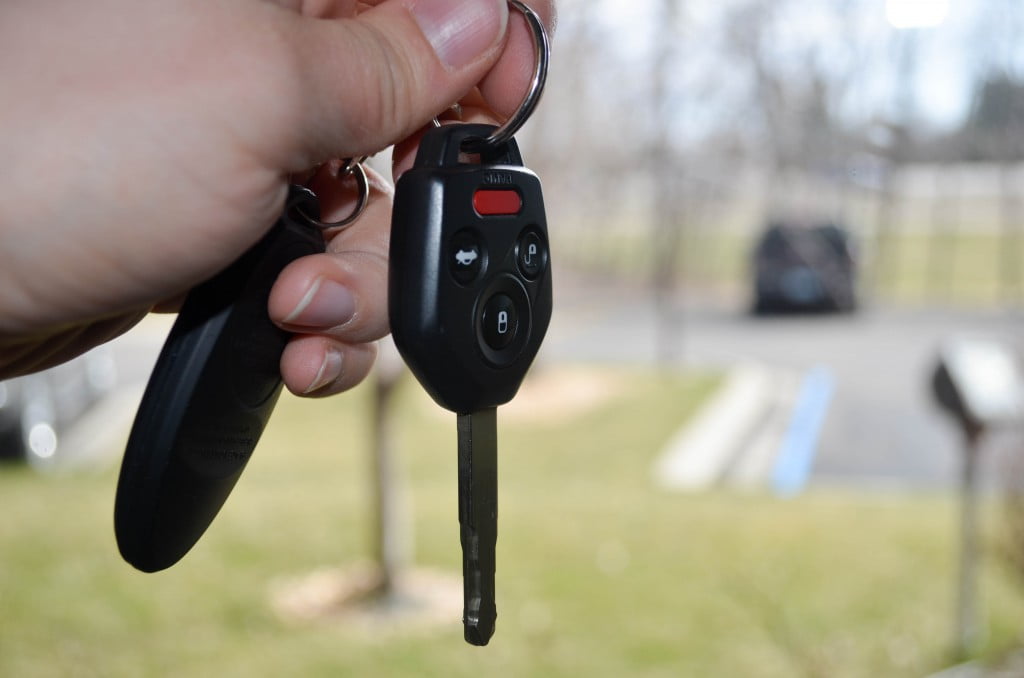Many businesses rely on the use of company vehicles to perform daily operations. Whether it be cars, trucks, vans, etc., you need to have auto insurance coverage for these vehicles, the same as you would for personal vehicles. This coverage will not be included in your businessowners policy (BOP). Instead you must obtain a separate commercial auto insurance policy to cover these company vehicles.
Each vehicle you use in your business can be separately “scheduled,” or listed on your commercial auto policy along with corresponding coverages. Meaning, you can choose different coverages for your various vehicles, depending on the vehicle’s characteristics and usage. Your insurance advisor will help you determine vehicle coverage needs based on how you use the vehicles in your business; who will be driving them; whether you own, rent or lease; and whether you and your employees are likely to be driving their own cars for your business.
[hr_invisible]
Using Personal Vehicles for Business Use
There are many situations in which an employee may drive his or her personal vehicle to perform a business-related task: travel between worksites, client visits, transportation of clients, even quick stops to pick up food for a meeting. Do any of these sound familiar?
Driving a personal auto for work purposes is quite common, but as a business owner, it’s important to know the risks. If the employee were to cause an accident, even though it is a personal vehicle, the employer could be found partially liable for loss or damages if the accident occurs while on the job.
If your company employees frequently use their personal autos for business use, your insurance advisor will likely recommend you purchase hired and non-owned coverage or add it to an existing commercial auto policy. Hired coverage is for situations in which the vehicle is not owned by the company or the driver, such as a rental car. Non-owned coverage protects the business against liability when vehicles that are owned by employees are used on behalf of the company. In the event of an accident, these policies supplement the driver’s personal auto policy, which is typically activated first in the event of a claim.
[hr_invisible]
Using Company Vehicles for Personal Use
Some businesses let employees drive company vehicles home and use them for personal purposes in the evenings or on weekends. So long as these vehicles are scheduled on your commercial auto policy and adequate coverages are shown on the declarations page, you have coverage for company-owned autos taken home by employees.
Employees’ own personal auto policies will not cover their use of a company car unless the car has been specifically borrowed as a temporary replacement for the employee’s own car while it is unavailable. In addition, employees who lease, hire, rent or borrow autos for their personal use are not covered by their employer’s business auto policy.
[hr_invisible]
Choosing Safe Drivers
As a business owner, you are legally liable when you allow someone to drive one of your company vehicles. If you fail to take reasonable steps to determine that the driver is qualified, or if you allow someone to drive whom you know has a poor driving record and that person causes an accident, you could be liable for negligent entrustment. Any damages awarded for negligent entrustment would be on top of liability for the accident itself.
Business operations that require vehicle use are exposed to additional risks… accidents do happen. So before sending your employees out on the road, whether in company vehicles or personal vehicles, schedule a conversation with your TCI sales advisor to make sure you have proper coverage in place.
Source: III

